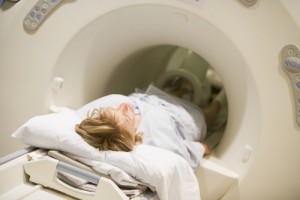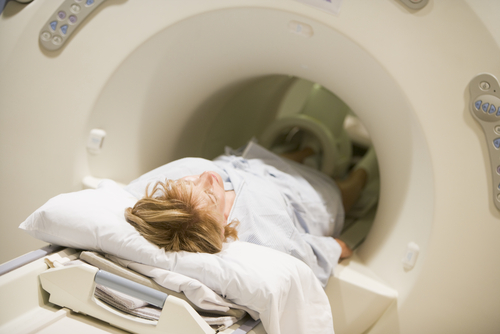 A new study entitled “Risk Stratification of Emergency Department Patients With Crohn’s Disease Could Reduce Computed Tomography Use by Nearly Half” published in Clinical Gastroenterology & Hepatology reports new models that could Crohn’s Disease patients avoid being submitted to uninformative Computed Tomography scans.
A new study entitled “Risk Stratification of Emergency Department Patients With Crohn’s Disease Could Reduce Computed Tomography Use by Nearly Half” published in Clinical Gastroenterology & Hepatology reports new models that could Crohn’s Disease patients avoid being submitted to uninformative Computed Tomography scans.
Computed Tomography (CT) is a diagnostic medical test that generates multiple images of the inside of the body. CT enterography refers to the analysis of the interior of the small intestine, and is used to detect inflammation and bowel obstructions, among other conditions. Therefore, CT is currently used as a diagnostic tool for Crohn’s Disease, to evaluate disease activity and complications. However, since CT uses’ X-ray technology, excessive radiation exposure can pose cancer risks.
In this study, a team of scientists from the Division of Gastroenterology, Department of Internal Medicine, University of Michigan, proposed to identify automatable algorithms with high negative predictive values for significant CT findings in patients with Crohn’s Disease. The authors performed a retrospective analysis of patients diagnosed with Crohn’s Disease who were treated at an emergency center from 2000 to 2011. Their model included complications, including perforations, abscesses, and inflammation. According to the current standard procedures, patients with CD are frequently assessed using CT scans upon arrival at the emergency department. However, the authors found CT scans produced no valuable information for 32.8% of the assessed patients, with complications from Crohn’s Disease detected only in 17%.
The team proposes that scanning with CT should be restricted to Crohn’s Disease patients with model-predicted complications, thus reducing scans by 43.0%. The authors commented however, “These models are limited in that they are retrospective and represent data from one center,” the investigators added. “Although our internal validation with 10-fold cross-validation shows that these models have good performance characteristics, further external validation studies are needed to determine whether these models are generalizable to Crohn’s Disease patients elsewhere.”

